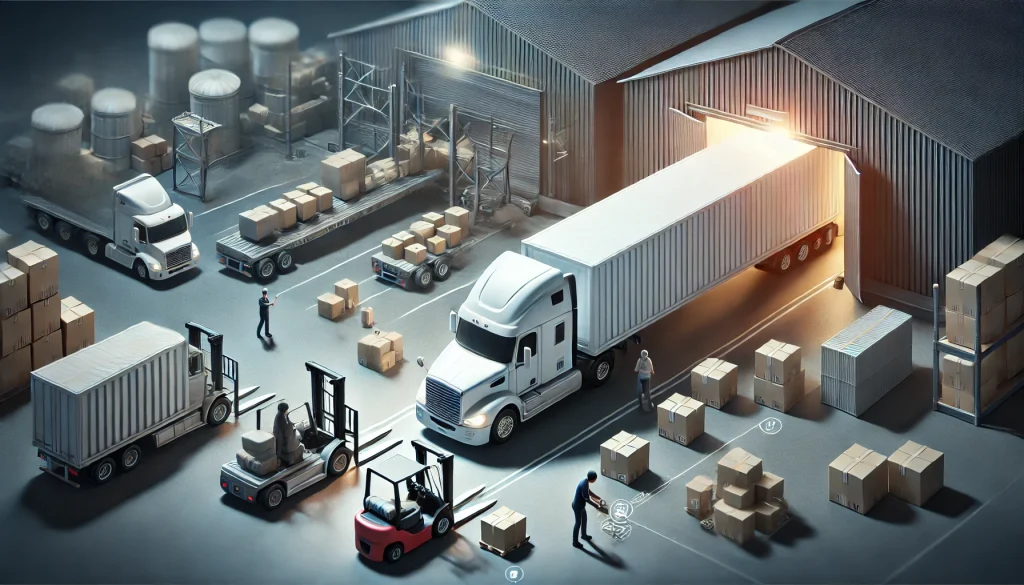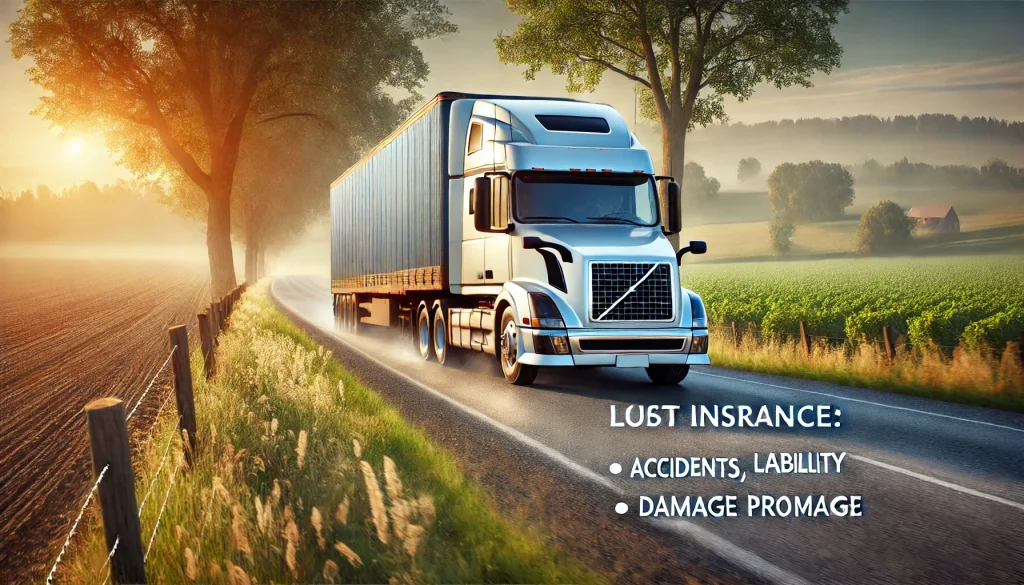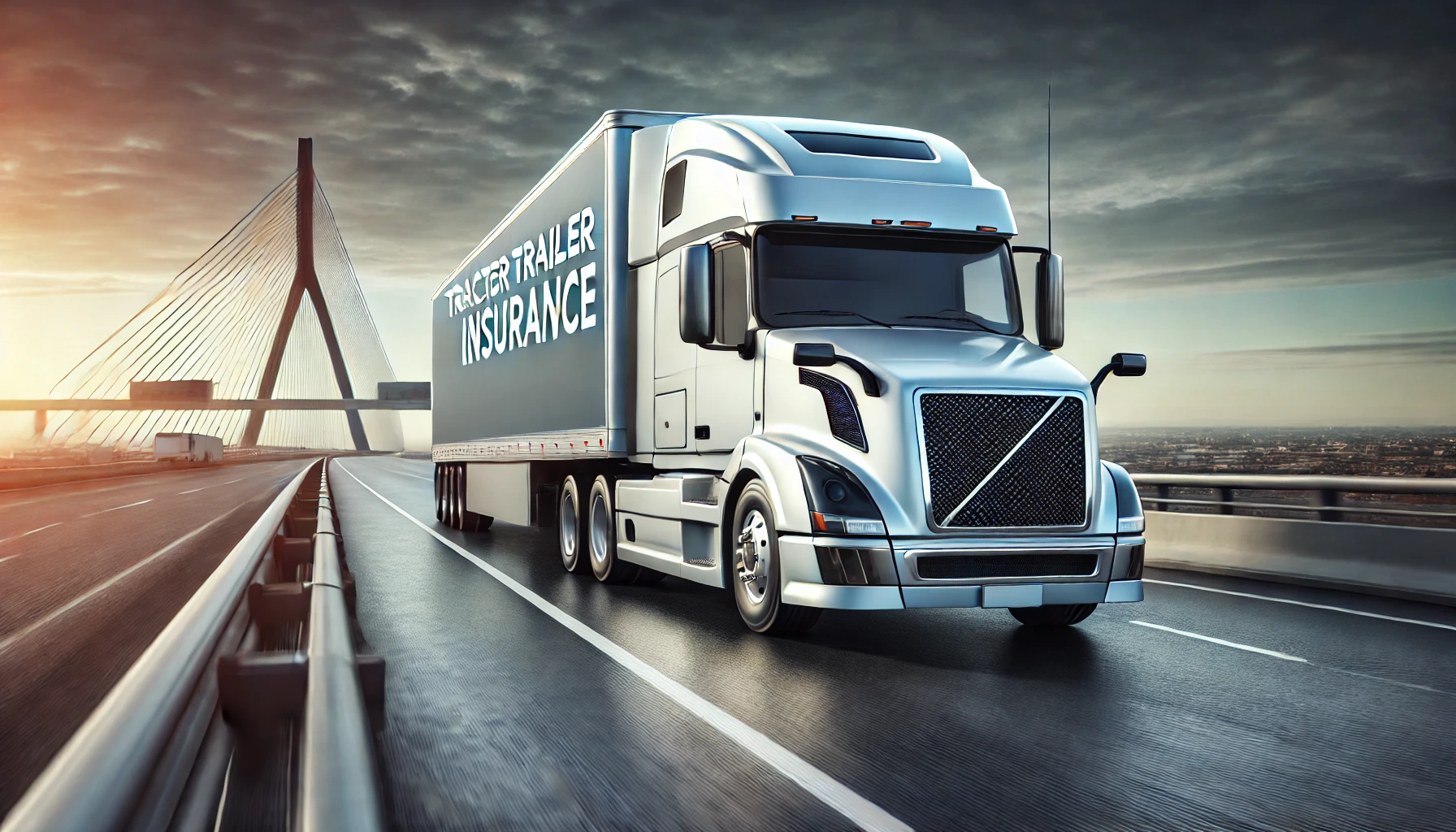Operating a tractor trailer truck involves significant responsibility. Whether you’re hauling cargo across state lines or running a local transport business, having the right insurance is essential. But why is tractor trailer truck insurance so important? Beyond legal requirements, it protects you from the enormous financial risks linked to accidents, damage, and liability claims. This guide will explore the key elements of insurance for tractor trailer trucks and why every truck operator should prioritize having comprehensive coverage.
What Is Tractor Trailer Truck Insurance?
Tractor trailer truck insurance is a specialized form of commercial auto insurance. It covers large trucks and the unique risks they face on the road. It includes various types of coverage that protect both the vehicle and the driver from financial losses due to accidents, theft, or damage to the truck itself. Businesses that rely on these trucks to transport goods need insurance as a safety net. It ensures that unexpected events won’t disrupt your operations or cause financial strain.
These policies are tailored to long-haul truck drivers, owner-operators, and fleet owners. Coverage typically includes liability protection, collision coverage, and comprehensive options for theft or vandalism. Operators who lack proper insurance may face steep costs after an accident or other damage, making it hard to maintain their business.
Types of Coverage Offered by Tractor Trailer Truck Insurance
Understanding the different types of coverage under tractor trailer truck insurance ensures that you’re fully protected. This insurance includes several key components:
Liability Insurance: This mandatory insurance covers damage or injuries you cause to others while operating your truck. It includes bodily injury liability, which pays for medical expenses, and property damage liability, which covers damage to other vehicles or property.
Physical Damage Insurance: This protects your truck from accidents, vandalism, theft, or natural disasters. It includes collision coverage for accidents and comprehensive coverage for non-collision-related damage, such as fire or theft.
Cargo Insurance: For those transporting goods, this coverage protects the cargo inside the trailer. If the goods are damaged or stolen during transit, cargo insurance compensates the trucker or business owner.
Uninsured/Underinsured Motorist Insurance: This protects you if you’re involved in an accident with a driver who has little or no insurance. Without this coverage, you could pay out-of-pocket for damages caused by another party.

Why Is This Insurance Essential?
For truck drivers and owners, having insurance is not just a legal requirement but also a critical business asset. Operating a tractor trailer carries higher risks than standard vehicles. Both the size of the vehicle and the value of the cargo increase the risks. Accidents involving tractor trailers often cause more severe damage, making it crucial to have robust insurance coverage.
Insurance protects your truck, cargo, and financial stability. Accidents can lead to overwhelming costs, including medical bills, vehicle repairs, and potential lawsuits. Having the right coverage ensures that you can manage these costs, allowing your business to continue operating without major setbacks.
If you’re an independent trucker or small fleet owner, insurance can help you secure contracts with larger companies. Many clients require proof of coverage before they agree to work with an operator. Having comprehensive protection shows that you’re responsible and reliable.
Factors That Influence the Cost of Insurance
Several factors determine the cost of your policy. Understanding these factors can help you manage costs and select the right coverage:
Driving Record: Your driving history affects your premiums. Drivers with clean records pay less, while those with accidents or violations face higher rates.
Type of Cargo: The goods you transport also impact insurance costs. Hazardous materials or high-value cargo result in higher premiums due to increased risks.
Distance Traveled: Long-haul drivers, who cover greater distances, face more risks. This often leads to higher premiums compared to local drivers.
Truck Value: The value of your truck plays a role in insurance costs. Newer, more expensive trucks cost more to insure than older ones.
By understanding these factors, you can work with your insurer to find a policy that balances cost and coverage.
How to Choose the Right Provider
Choosing the right provider for your policy requires careful consideration. Not all companies offer the same level of service or coverage. Here are some tips for choosing the right provider:
Research Reputation: Look for insurers with a strong reputation in the trucking industry. Read reviews and ask for recommendations to ensure reliability.
Compare Quotes: Get quotes from multiple insurance companies. This lets you compare coverage options and prices to ensure you’re getting the best value.
Customization: Every trucking operation is unique, and your insurance should reflect that. Work with a provider that offers flexible options and allows you to tailor your policy to your needs.
Thorough research will help you find a provider that offers the right balance of coverage and cost for your business.
Filing a Claim
If you’re involved in an accident, knowing how to file a claim with your provider is essential:
Step 1: Contact your insurance company immediately. Provide details such as the date, time, and location of the accident, as well as the names of all involved parties.
Step 2: Gather evidence. Take photos of the scene and damage to your truck. Collect witness statements or police reports if available.
Step 3: Work with the insurance adjuster assigned to your case. They will investigate the claim and determine the compensation based on your policy.
Step 4: Once approved, your insurance company will cover repair costs, medical bills, and legal fees, depending on your policy’s limits.
Filing a claim quickly and accurately ensures that you receive compensation promptly, allowing you to get back on the road as soon as possible.

Conclusion
Tractor trailer truck insurance is an essential investment for any truck operator or business that relies on large vehicles for transportation. By offering comprehensive coverage, including liability, physical damage, and cargo protection, it shields you from the financial risks linked to accidents, theft, and damage. With the right insurance in place, you can operate confidently, knowing your truck, cargo, and business are well-protected. Choose a policy that fits your unique needs, and work with a provider that understands the challenges of the trucking industry.
